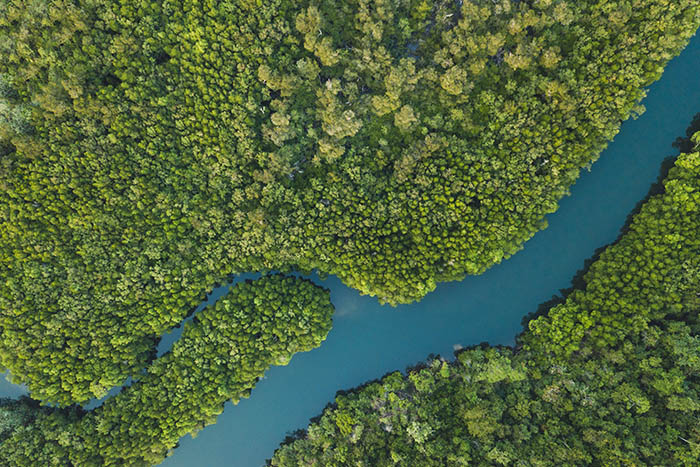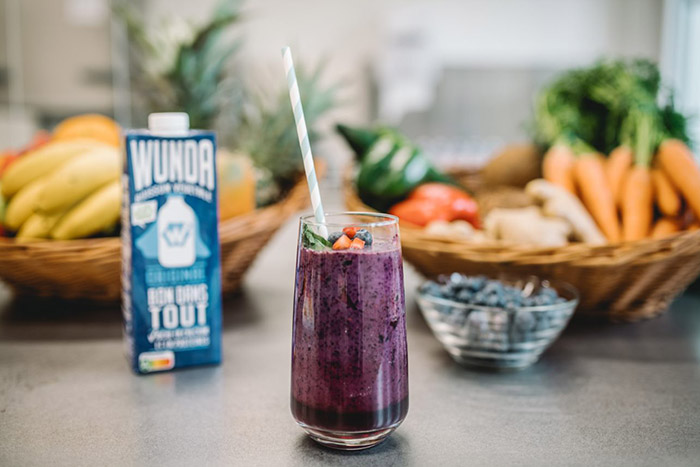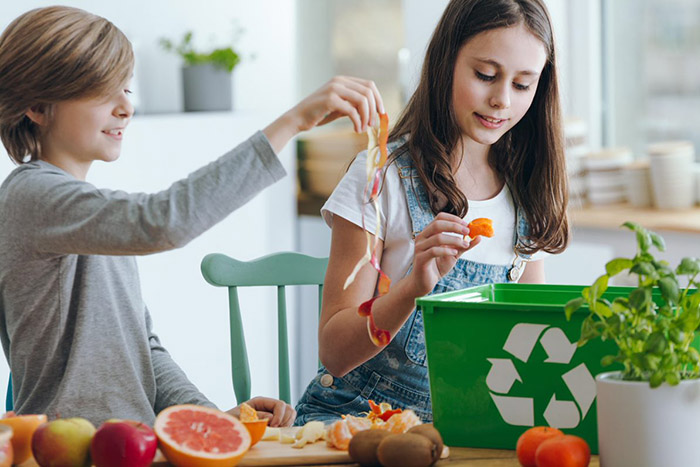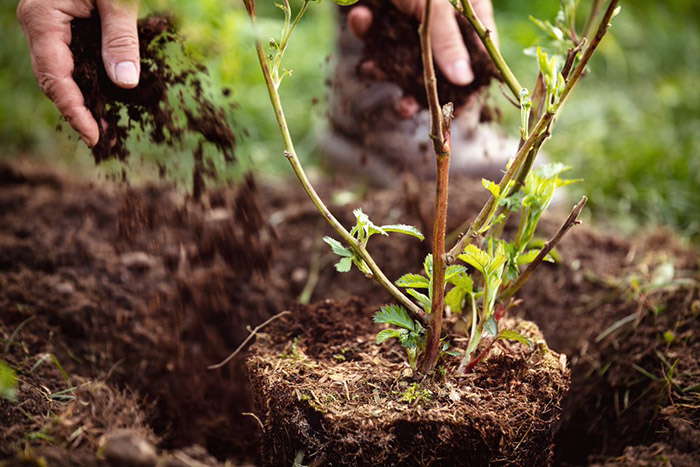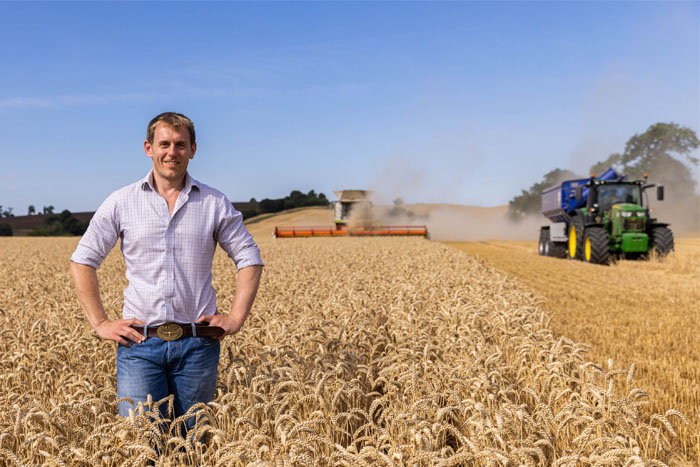Moving to regenerative agriculture
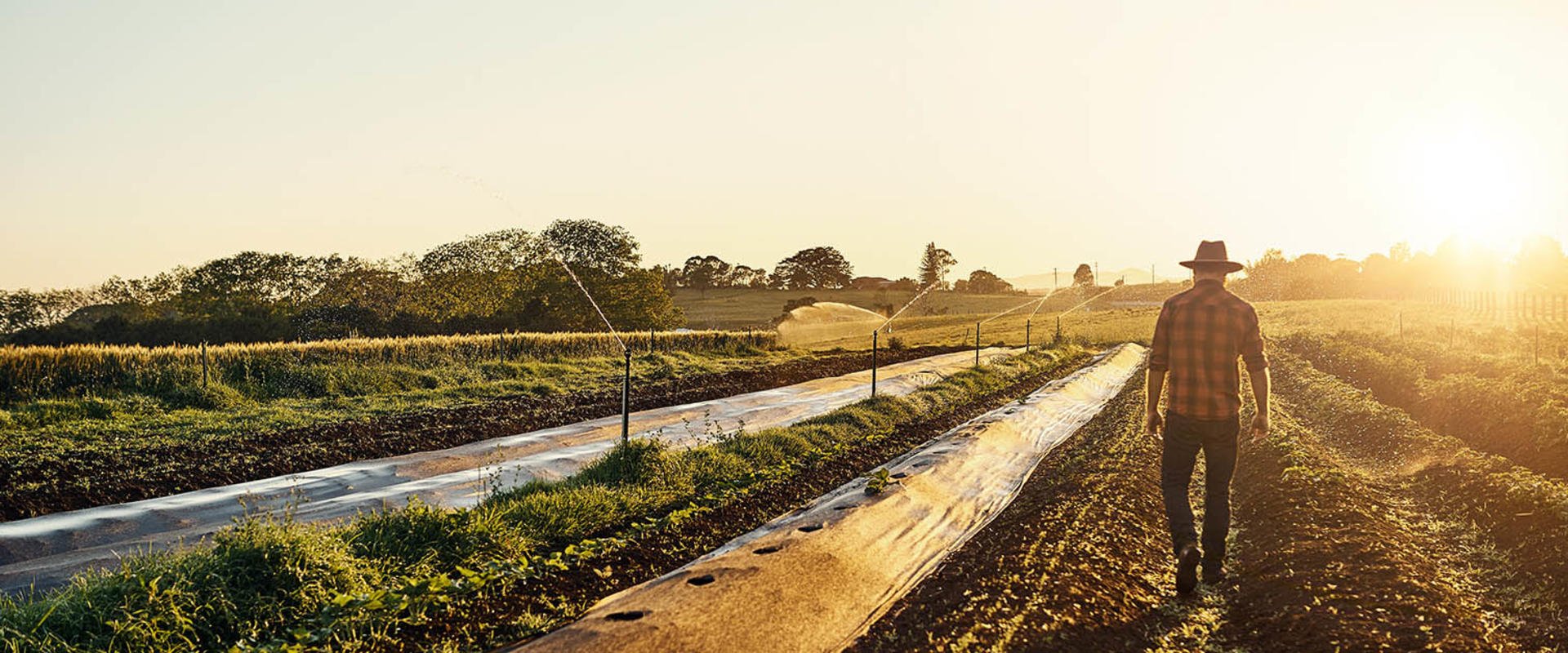
Almost two-thirds of our greenhouse gas emissions are produced by sourcing the raw materials that make up our products. That’s why we’re working with our suppliers and farmers and investing in nature-based solutions.
We’re providing incentives to our farmers to support them in transitioning to regenerative agricultural practices. This can mean changing the ways they farm and use their land to find the best solutions that deliver better environmental outcomes, and so it’s important we go on this journey with them.
We know we can and we must produce food in a better way that doesn’t cost the earth and contribute to climate change. Even better, we can help to regenerate the landscapes we rely on so heavily for food, water, air and our mental wellbeing.
What is regenerative agriculture?
Nature-friendly farming practices can restore natural resources such as soil, water and biodiversity. With practices appropriate to the location and farming system, regenerative agriculture increases the fertility and carbon storage capacity of a farm’s soil.
The techniques include:
- Planting crops to provide permanent soil cover and greater fertility
- Limiting the amount of soil disturbance during planting
- Moving livestock between lands to fertilise the soil
- Planting hedgerows and trees to promote biodiversity and support flood resistance.
By implementing regenerative agriculture across our supply chain, we’ll produce food with less impact on the environment.
How are we making the shift to regenerative agriculture?
We source milk, coffee, wheat and other cereals, cocoa, hazelnuts, meat, palm oil, pulp and paper, seafood, soya, spices, sugar, vanilla and vegetables, from a vast network of growers and farmers around the world.
To reach our net zero goal, we’re drastically changing the way these raw materials are produced. Through our supply chains, we’re offering incentives for on-farm practices that will:
- improve soil health,
- maintain and restore diverse ecosystems,
- safeguard water resources.
We’re also redoubling our efforts to stop deforestation. But we know this is not enough, which is why we’ve also made a start on reforestation, through an ambitious programme of planting 200 million trees by 2030.
Together, we believe these measures will help to protect ecosystems, enhance biodiversity and reduce emissions from agriculture in our supply chain.
Resilient Dairy Landscapes
Overview of the Resilient Dairy Landscapes research project funded by the Global Food Security’s ‘Resilience of the UK Food System Programme’ with support from BBSRC, ESRC, NERC and Scottish Government.
Find more information, visit
www.resilientdairylandscapes.com



